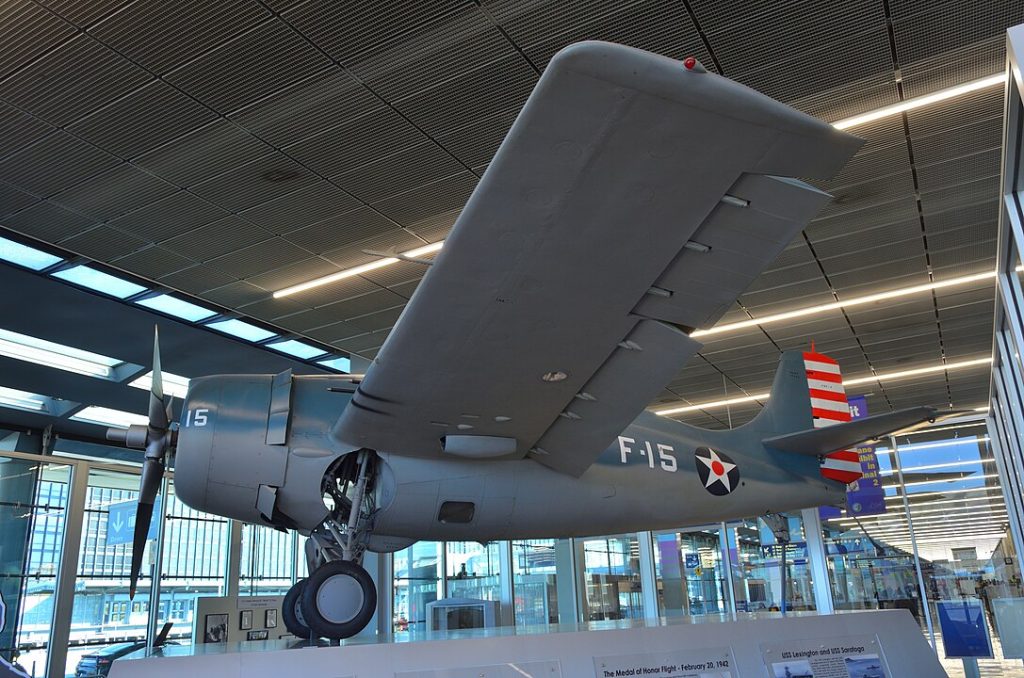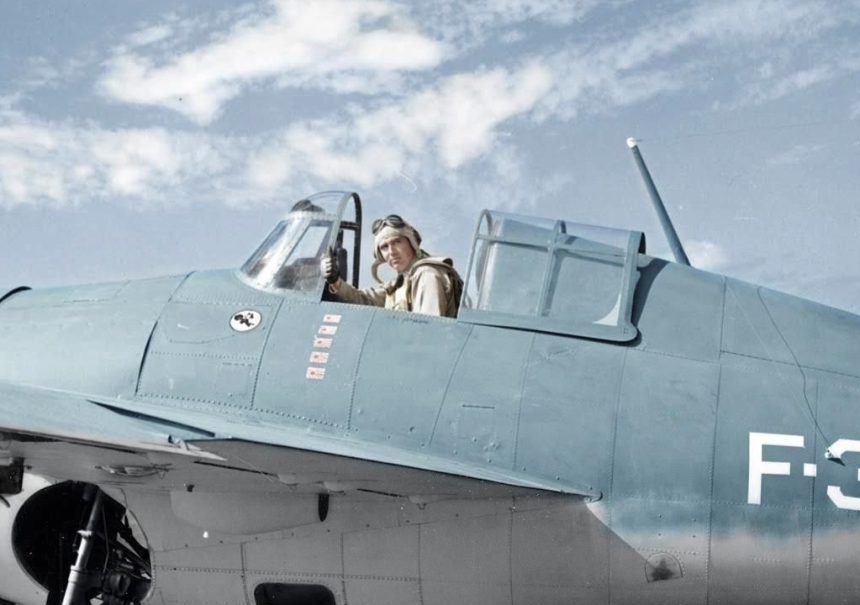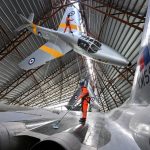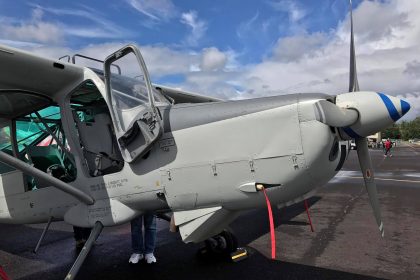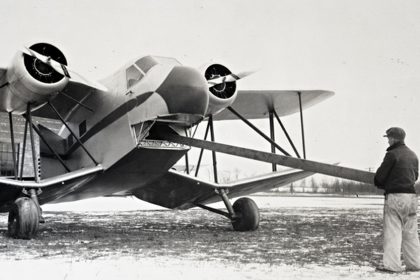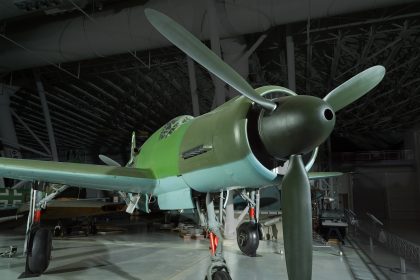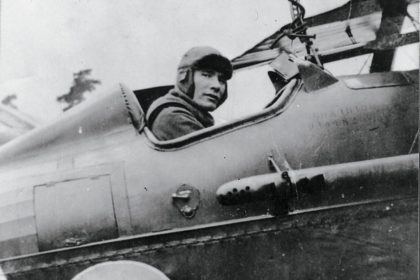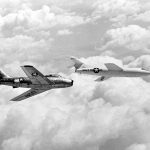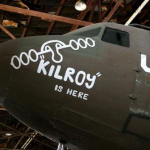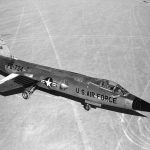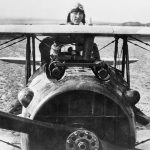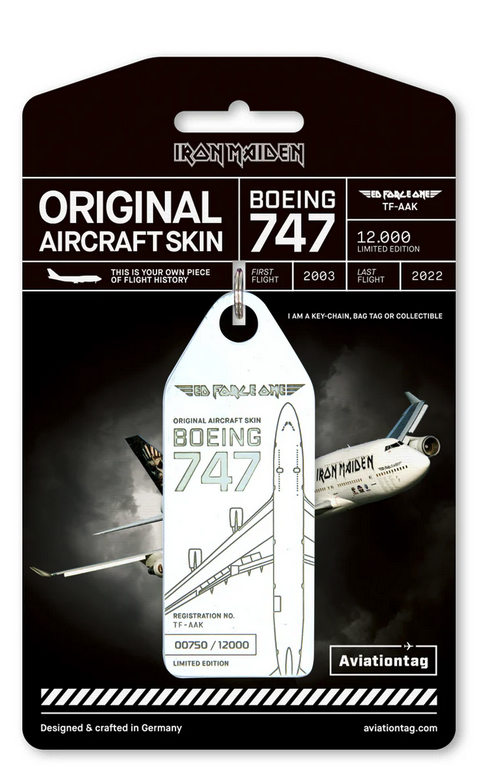On this day in aviation history, March 13, 1914, Lieutenant Commander Edward Henry “Butch” O’Hare was born. The son of Selma Anna and Edward Joseph O’Hare Sr., he grew up in St. Louis, Missouri. O’Hare attended the Western Military Academy, graduating in 1932, before entering the United States Naval Academy in Annapolis, Maryland, where he graduated in 1937.
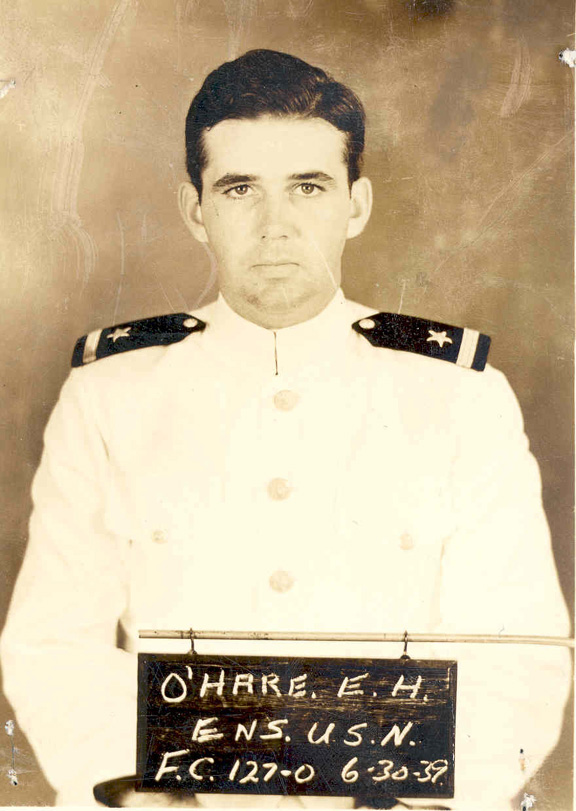
Following his commission, O’Hare began flight training in 1939. He started with the Naval Aircraft Factory N3N Yellow Peril and Stearman NS-1 during primary training before advancing to the North American SNJ Texan, where he honed the skills necessary to pilot high-performance, single-engine fighters in combat. Tragically, that same year, his father was assassinated by associates of Al Capone. Edward Sr., once Capone’s lawyer, had turned against the crime boss by providing key evidence in his tax evasion trial. Some speculate that he did so to improve his son’s chances of securing a future in the Navy.
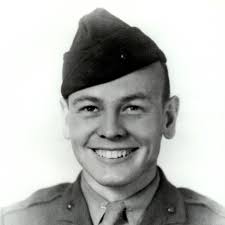
Despite the personal loss, O’Hare persevered, completing flight training in 1940. He was assigned to Fighter Squadron 3 (VF-3) and began flying the Grumman F4F Wildcat from the deck of the USS Lexington. His defining moment came on February 20, 1942, when the Lexington was attacked by a formation of Japanese Mitsubishi G4M Betty bombers. With limited time to respond, O’Hare and his wingman were launched to intercept. Displaying remarkable skill and determination, he single-handedly downed five bombers—earning him the title of the Navy’s first ace of World War II. His aircraft sustained only minor damage, despite the added danger of friendly fire from the Lexington’s defensive gunners. His actions likely saved the carrier from significant damage, or even destruction.

For his extraordinary valor, Lieutenant Commander O’Hare was awarded the Medal of Honor, becoming the first Naval Aviator to receive the prestigious decoration. Sadly, his career was cut short on November 26, 1943, when he was lost during a nighttime interception mission in his Grumman F6F Hellcat. His body was never recovered.

Despite his untimely death, Butch O’Hare’s legacy endures as a symbol of courage and heroism. Chicago’s O’Hare International Airport bears his name in tribute to his service, ensuring that his story continues to inspire future generations.
